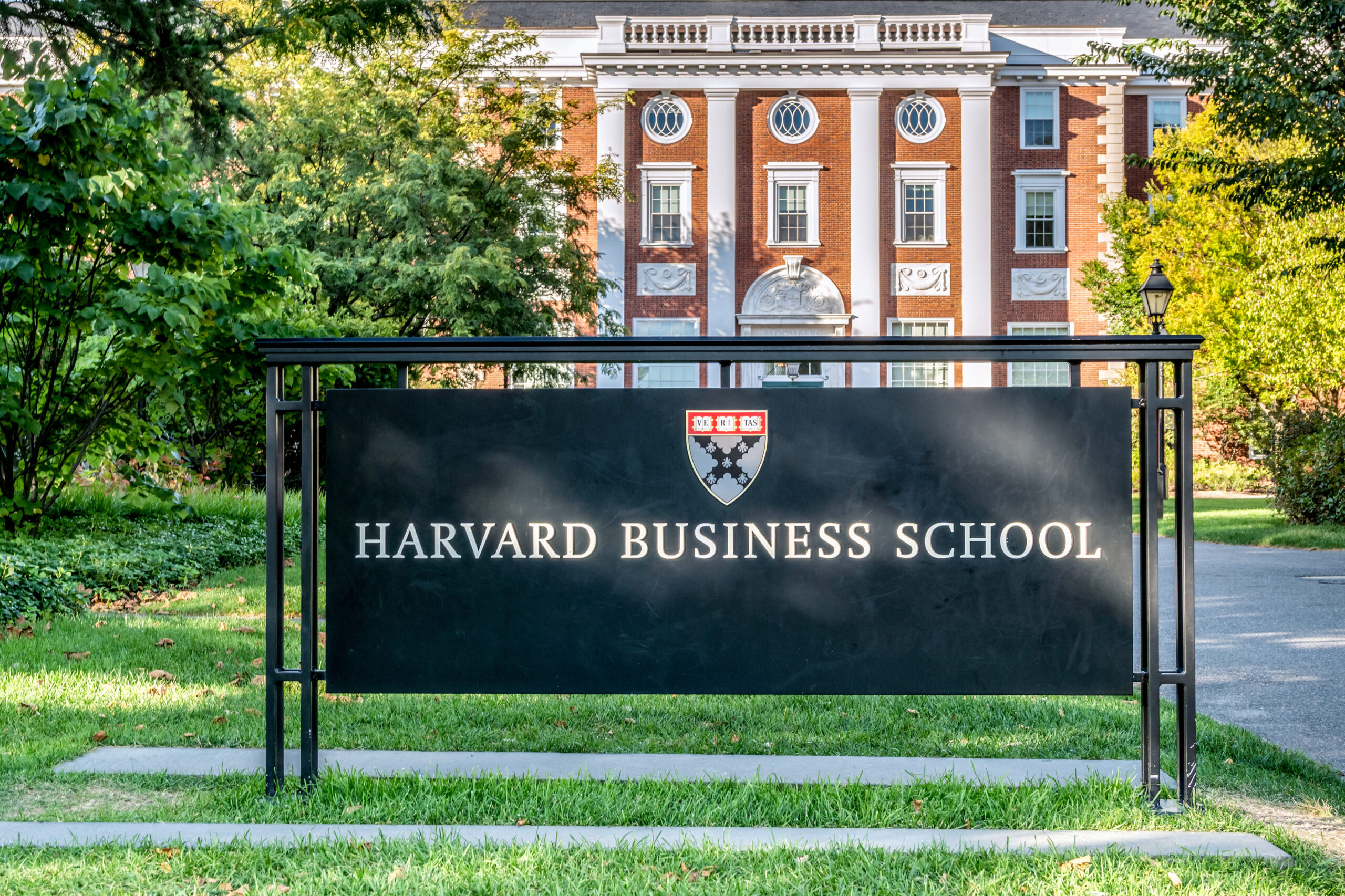Finances
Harvard Study Again Stirs the Pot on Demotech Ratings of Florida Carriers


A study by researchers from Harvard and Columbia universities and at the Federal Reserve has reopened the debate about the financial fortitude and the financial rating system for dozens of Florida property insurance companies.
The president of Demotech, the firm that rates the vast majority of Florida-domiciled carriers, said the study was incomplete, out of date, and was a continuation of a “hit job” that began in 2022, after Demotech reportedly warned that it planned to downgrade multiple Florida insurers.
“One of the authors contacted us yet never responded when I offered to send whatever data she needed,” Petrelli said in an email. Petrelli did not respond to Insurance Journal when asked for clarification on some of his other points.
Demotech’s “A” financial stability ratings have long been considered to be roughly equivalent to AM Best’s “B”-level ratings, which are strong enough for Fannie Mae and Freddie Mac, the quasi-governmental entities (GSEs) that buy mortgages and require homes to be insured.
But the study found that Demotech’s examinations and ratings are not as rigorous.
“In particular, our estimates imply that close to 67% of Demotech insurers would not meet Freddie Mac’s eligibility requirement and 21% would not meet Fannie Mae’s requirement (at a 90% confidence level),” reads the paper. “Overall, these results strongly suggest inconsistencies in the GSE eligibility requirements across rating agencies. These inconsistencies could encourage ratings shopping, in particular among poor quality insurers who would not otherwise meet GSE eligibility.”
The Florida Association of Insurance Agents’ president, who was one of several officials who sharply criticized Demotech in 2022, declined to comment about the study. But others in the insurance industry, including Florida regulators and some reinsurers, have questioned the soundness of Demotech’s rating system, warning that the firm has been inconsistent and has not followed its own criteria at times.
Despite Demotech’s strong ratings of several Florida carriers, for example, Everest Re Group last year dropped some Florida insurers from its portfolio, noting that they did not meet underwriting standards. And in Arkansas last fall, United Home Insurance Co. was rated highly by Demotech – just days before it was placed in receivership.
The uproar over Demotech’s ratings was so strong in 2022 that Florida officials and some insurers called for a new approach – switching to KBRA, formerly known as Kroll Bond Rating Agency, or establishing a state-run rating agency. In the ensuing months, though, the state plan received little attention from Florida lawmakers. And only a handful of Florida carriers moved over to KBRA.
Petrelli and others have been quick to remind Floridians that much of the Florida-grown insurance market may not exist without Demotech’s ratings. After Hurricane Andrew slammed south Florida in 1992, a number of major national carriers pulled out of the state. As smaller, Florida-domiciled insurers cropped up to fill the gap, Demotech was often the only firm that would provide examinations and ratings, allowing the new carriers to write homes with Fannie- and Freddie-backed mortgages.
The recent study, by Paranitha Sastry of Columbia, Ishita Sen of Harvard, and Ana-Maria Tenekedjieva of the Federal Reserve Board of Governors, finds “that these new insurers would not meet GSE eligibility thresholds if subjected to traditional rating agencies’ methodologies.”
That causes mortgage lenders to sell a large portion of their loans to Fannie and Freddie. And that, in turn, leads the GSEs to bear a large share of insurance counterparty risk, “driven by their mis-calibrated insurer eligibility requirements and lax insurance regulation.”
The Demotech ratings have inconsistencies and are not as meaningful as one would hope, co-author Sen told the Tampa Bay Times last week. A statement from Freddie Mac and Fannie Mae said the organizations review insurance company ratings, but do not try to influence the rating firms’ methodologies.
The study, which has yet to be peer-reviewed, raises its own questions and examines issues that some would say are old news in Florida. It also appears to refer to Demotech as an “emerging rating agency,” despite the fact that Demotech has been in business for more than 40 years.
And the review is based partly on data resulting from Hurricane Irma, which hit Florida in 2017. The analysis noted that fragile insurance carriers may have caused some homeowners to default on the loans, perhaps after suffering heavy losses in hurricanes and being unable to recoup full replacement value from their insurance policies.
The authors recommend that insurers should be rated by at least two rating firms.
The report came amid a growing sense of relief in the Florida market, after four years of insolvencies and soaring premiums. One carrier, Florida Peninsula, recently announced a slight reduction in average rates in the state. And in the last 18 months, Florida’s Office of Insurance Regulation has approved eight new carriers.
Five of those were recently granted “A” stability ratings by Demotech. The startup known as Manatee Insurance Exchange, part of Safepoint Holdings Inc., was rated “A” by Demotech but received a “BBB” rating from KBRA. Ditto for Orange Insurance Exchange. Orion180 Insurance Co. was rated as “A” by Demotech and “BBB+” by KBRA.
Two other startups have yet to be rated by any of the three rating firms. Mainsail, part of Spinnaker Insurance, is not rated by Demotech but won an “A-” or Excellent rating from AM Best.
The Harvard/Columbia report can be seen here.
Topics
Florida
